May 14, 2025 | 10:11 GMT +7
May 14, 2025 | 10:11 GMT +7
Hotline: 0913.378.918
May 14, 2025 | 10:11 GMT +7
Hotline: 0913.378.918
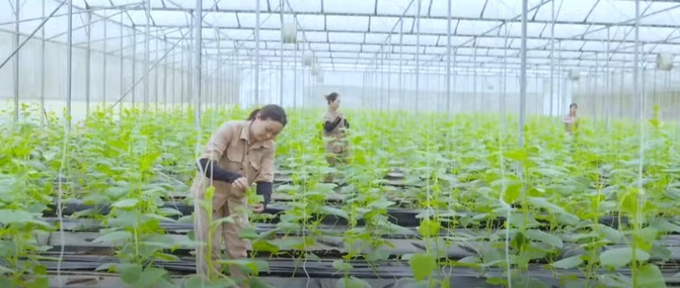
The Strategy for Crop Production Industry Development until 2030, with a vision to 2050, was born in the context that agriculture in general and crop production in particular are facing new contexts and requirements. Photo: VAN.
On December 30, 2023, the Prime Minister issued Decision No. 1784, approving the plan to develop the crop production industry until 2030, with a vision to 2050. This is the first strategy for the crop production industry approved by the Prime Minister.
The Strategy for Crop Production Industry Development until 2030, with a vision to 2050, was born in the context that agriculture in general and crop production in particular are facing new contexts and requirements, especially on improving the quality and value of agricultural products in parallel with implementing international integration requirements and commitments to the environment and sustainable development.
According to Dr. Nguyen Nhu Cuong, Director of the Department of Crop Production, Ministry of Agriculture and Rural Development, Vietnam's crop production industry has developed and achieved outstanding achievements in recent times. As a hungry country, Vietnam has become a rice-exporting country and a leading exporter of fruits and industrial tree products.
However, in order for the crop production industry to develop more sustainably in the context that the world has many changes in the market and tastes and has many choices as presently, it is necessary to have a direction, which is a strategy. This strategy must be inclusive, comprehensive, and inter-sectoral. "The crop production industry cannot develop alone but must develop within the entire agriculture sector," said the leader of the Department of Crop Production.
The strategy for the crop production industry sets an overall goal of developing crop production into a complete and professional technical economic sector with highly competitive products, ensuring food safety, solidifying national food security and exports in parallel with protecting the environment, adapting to climate change, and improving income and quality of life for farmers.
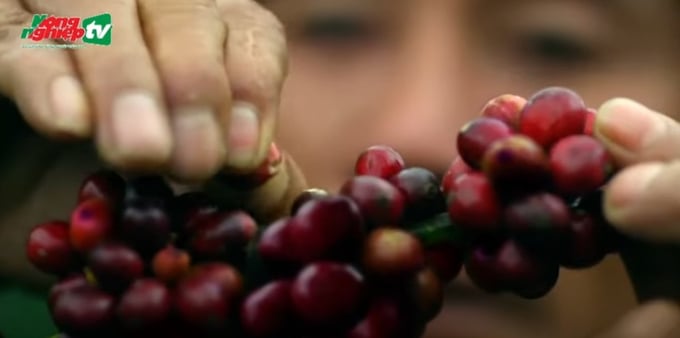
The crop production development strategy sets a goal of developing specialty coffee to reach an area of 11,500 ha and an output of about 5,000 tons by 2030. Photo: VAN.
In addition, the strategy also sets the goals of an average growth rate of crop production value of 2.2–2.5%/year; stabilizing the area of rice land at 3.56 million ha; and developing concentrated safe vegetable production areas with the assurance of traceability.
Building and developing the Vietnamese coffee brand through promoting replantation and renovation transplantation of new varieties with high productivity and quality to reach 107,000 ha by 2025; developing specialty coffee to reach an area of 11,500 ha and an output of about 5,000 tons by 2030; bringing new advances into production; promoting the issuance of growing area codes; and enhancing deep processing to increase value.
Besides, developing the rubber plant sustainably and intensively farming to increase productivity to 1.8–2 tons of latex/ha. Regarding pepper trees, focusing on managing the scale of pepper development in accordance with market demand; reducing part of the area unsuitable for growing pepper and the area of old, severely-diseased pepper to other crops with higher efficiency; researching, selecting, creating, and transferring disease-free pepper varieties with productivity, quality, and resistance to pests and diseases; and prioritizing intercropping solutions to improve economic efficiency.
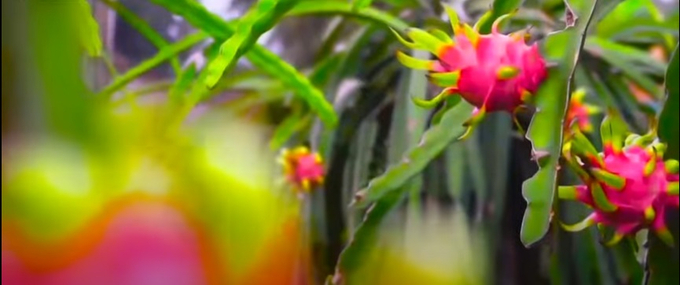
The strategy aims to prioritize the development of some fruit trees with advantages in the consumption market, such as mango, banana, dragon fruit, and pineapple. Photo: VAN.
For cashew trees, it is necessary to stabilize the area, pay attention to replacement planting, renovation grafting, and new planting of new cashew varieties, and synchronously apply technical advances in intensive farming to increase the average productivity to 1.5–1.7 tons/ha.
Regarding fruit trees, reorganizing production and forming key fruit tree production areas on the basis of promoting the potential and advantages of ecological regions associated with the development of processing factories and consumption markets; prioritizing the development of some fruit trees with advantages in the consumption market, such as mango, banana, dragon fruit, and pineapple.
"Previously, our view of development was productivity and output, but it is obvious that such concepts are no longer suitable. Therefore, the Strategy for Crop Production Industry Development needs to include thinking and development orientations so that the crop production industry can develop on the basis of inclusion, comprehension, intersector, and exploiting the multi-values of the industry and change awareness and thinking in developing the industry from production thinking to economic thinking. Developing the crop production industry also requires production linkages in which cooperatives are the core and businesses play a central driving role in promoting the industry's development," shared Director of the Department of Crop Production Nguyen Nhu Cuong.
Translated by Thu Huyen

(VAN) The international conference titled Carbon Market: International experiences and recommendations for Vietnam was successfully held recently in Ho Chi Minh City.

(VAN) According to the Project on rearranging provincial and communal administrative units, in 2025, the country will have 34 provinces/cities, 3,321 communes, wards, and special zones, and no district-level organization.
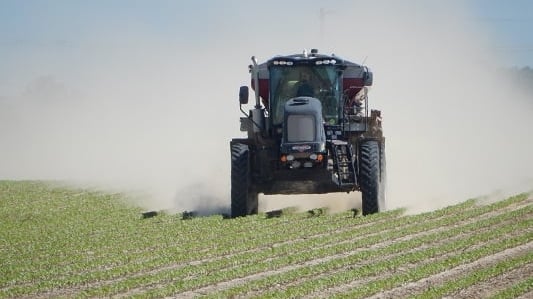
(VAN) The vice president of fertilizer with Stone X Group says the Trump administration’s tariffs are impacting fertilizer markets.
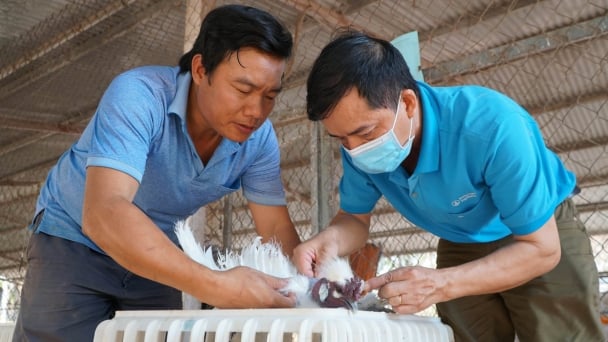
(VAN) Resolution 57 offers Vietnam a significant opportunity to narrow the global genetic technology disparity and convert its extensive genetic resources into commercial advantages.

(VAN) The Ministry of Agriculture and Environment will prioritize the implementation of five core and breakthrough solutions in science and technology, in addition to the seven groups of tasks identified in Decision No. 503.
/2025/05/09/2422-2-131218_985.jpg)
(VAN) The Prime Minister has issued an official telegram assigning relevant units to research the plan of purchasing and temporarily stockpiling some agricultural products at risk of price decline during peak harvest time.

(VAN) Traditional welfare assessments struggle to keep pace with farms housing up to 50,000 birds per house, prompting SMART solutions to augment traditional human observation and subjecting scoring.